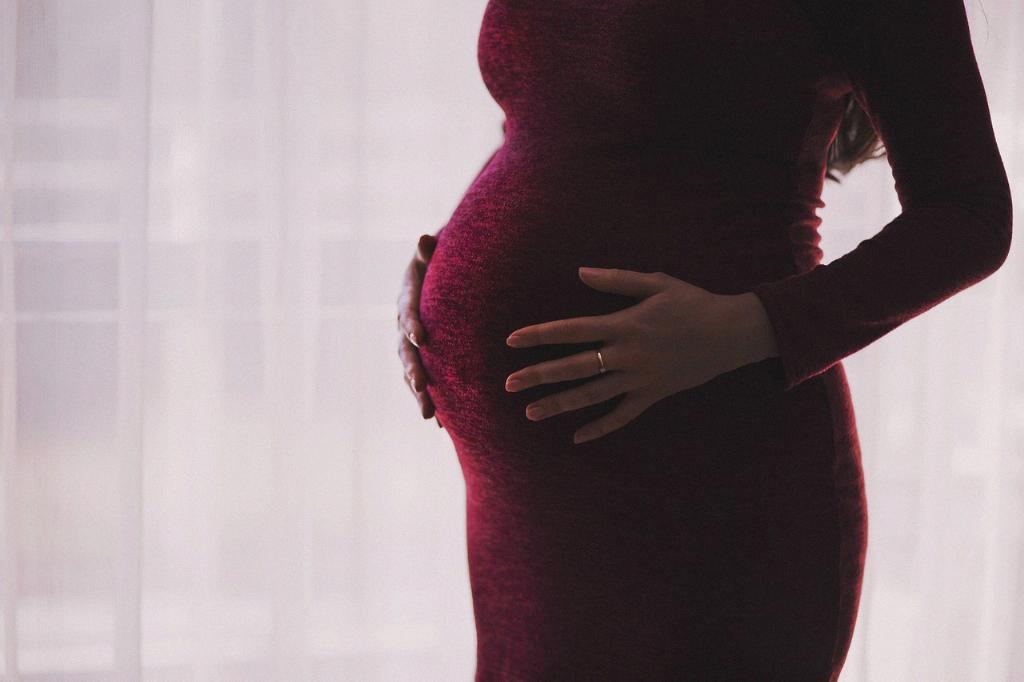When it comes to testing for pregnancy after conception, one common question that many individuals have is: How soon after conception can you get a BFP (Big Fat Positive)? It’s a question that’s often on the minds of those hoping for a positive result, and understandably so. Let’s delve into this topic and explore the timeline for when you can potentially see that sought-after positive test.
The Basics of Conception and Pregnancy Testing
Conception typically occurs when a sperm fertilizes an egg, leading to the formation of a zygote. After fertilization, the zygote begins its journey towards implantation in the uterus. It’s at this stage that some individuals may wonder when they can start testing for pregnancy to detect the presence of this developing zygote.
Understanding the Timing: 12 DPO
According to experts and the experiences of many individuals, testing at 12 days past ovulation (DPO) is often considered a good time to start considering a pregnancy test. At this point, the zygote may have implanted in the uterine lining, and there may be enough human chorionic gonadotropin (hCG) hormone present in your body to be detectable by a home pregnancy test.
The Possibility of a Positive Result at 12 DPO
While testing at 12 DPO can potentially yield a positive result, it’s important to note that individual variations exist. Some individuals may have hCG levels that rise more quickly, leading to an earlier positive test result, while others may take longer to reach detectable levels of hCG in their urine or blood.
Factors That Can Influence Test Results
Several factors can impact the timing of a positive pregnancy test result after conception. These factors include the sensitivity of the test used, the individual’s hCG production rate, the timing of implantation, and the accuracy of ovulation tracking, among others.
Early Testing Considerations
While testing early can provide an emotional benefit for many individuals eager to know the outcome, it’s essential to understand the limitations of early testing. Testing too soon can sometimes result in a false negative, where the test fails to detect a pregnancy that does exist. It’s generally recommended to wait until closer to the expected start of your menstrual period for the most accurate results.
Interpreting Test Results
When taking a pregnancy test, it’s crucial to follow the instructions provided with the test kit carefully. Understanding how to interpret the results correctly can help ensure an accurate assessment of your pregnancy status. Additionally, consulting with a healthcare provider can offer further guidance and support in understanding your results.
Emotional Considerations
It’s important to acknowledge the emotional impact that taking a pregnancy test can have. The anticipation and excitement of awaiting a result, whether positive or negative, can lead to a range of emotions. Remember to take care of yourself emotionally during this time, and reach out for support if needed.
Seeking Professional Advice
If you have questions or concerns about testing for pregnancy after conception, don’t hesitate to reach out to a healthcare professional. They can provide personalized guidance based on your unique circumstances and help you navigate the journey towards understanding your pregnancy status.
Conclusion
So, how soon after conception can you get a BFP? While testing at 12 DPO is a common starting point, individual factors play a significant role in when a positive result may appear. Remember to consider the timing, accuracy, and emotional aspects of pregnancy testing, and seek professional support as needed to ensure a healthy and informed pregnancy journey.

